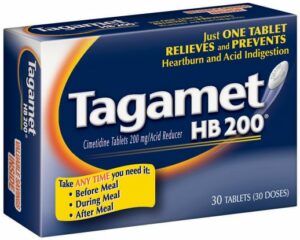Abstract:
Turosteride [FCE 26073; 1-(4-methyl-3-oxo-4-aza-5 alpha-androstane-17 beta-carbonyl)-1,3- diisopropylurea] is a novel inhibitor of 5 alpha-reductase, the enzyme responsible for the conversion of testosterone (T) to 5 alpha-dihydrotestosterone (DHT). The compound caused inhibition of rat and human prostatic enzymes, with IC50 values of 55 and 53 nM, respectively. In addition, turosteride did not show any relevant binding affinity to the rat prostate androgen receptor (IC50 84 microM; relative binding affinity 0.004% of DHT). The endocrine effects of turosteride were evaluated in adult male rats, treated orally at daily doses of 3, 10 and 30 mg/kg for 20 days. At these doses, the compound reduced the ventral prostate weight by 10, 33 and 42% and the intraprostatic total DHT content by 61, 74 and 78%, respectively, whereas no change in the intraprostatic content of T was observed. Turosteride caused a 40% reduction of serum DHT levels which, however, did not reach statistical significance, whereas serum T levels were similar to control animals. No effect on serum luteinizing hormone or prolactin was observed. These results indicate that the antiprostatic effect of turosteride in the adult rat is related to inhibition of the conversion of T to DHT. However, at variance with other 5 alpha-reductase inhibitors (e.g. finasteride), turosteride caused a decrease in prostatic DHT not associated with a secondary increase in T content. This peculiarity of turosteride may represent an improvement of the compound over other inhibitors.
Author:
Di Salle E; Giudici D; Briatico G; Ornati G; Panzeri A
Address:
Laboratory of endocrinology, R&D, Farmitalia Carlo Erba, Nerviano (MI), Italy.
Source:
J Steroid Biochem Mol Biol, 1993 Nov, 46:5, 549-55
Language:
English
Unique Identifier:
94059773





